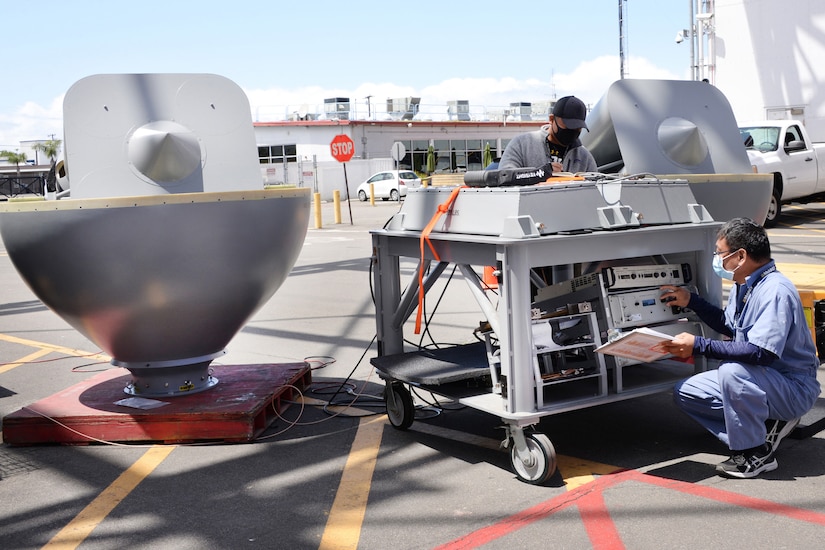May 8, 2020 | BY David Vergun , DOD News
The Federal Communications Commission's granting of a
license to a private company threatens to undermine the Defense Department's
Global Positioning System capabilities, as well as that of the civilian sector,
which also relies on GPS, DOD officials told Congress.
GPS is used for such things as precision timing and
navigation for aircraft, cellphone coverage, precision weapons targeting and
much more.
DOD Chief Information Officer Dana S. Deasy; Undersecretary
of Defense for Research and Engineering Michael D. Griffin; Space Force Gen.
John W. "Jay" Raymond, chief of space operations and commander of
U.S. Space Command; and retired Coast Guard Adm. Thad W. Allen spoke at a
Senate Armed Services Committee hearing on DOD spectrum policy and the impact
of the FCC's Ligado Networks decision on national security.
Ligado is a U.S. satellite communications company formerly
known as LightSquared.
Griffin noted that GPS was designed and developed by DOD,
but is now used commercially for first responders, civil aircraft and
commercial shipping, among many other vital usages.
"It's all at risk now," he said, and he explained
why.
GPS relies on picking up very weak signals transmitted from
GPS satellites to ground-based receivers. Ligado's loud signals from a spectrum
would effectively drown out those weak signals, he said. This would force the
department to redesign and rebuild its infrastructure, which would cost
billions of dollars and would take decades to accomplish, he added.
Allies and partners, seeing the damage that was done to U.S.
GPS, would then possibly turn to competitors Russia and China for their
systems, Griffin said.
Deasy said DOD fully supports the United States being a
leader of 5G technology, but that Ligado's actions, if allowed, would not
support that effort. DOD is preparing to do a number of experiments to get the
nation to 5G, he added.
DOD and Transportation Department studies have shown that
Ligado's ambitions will be harmful to military and civilian GPS receivers and
that there's no way to protect millions of mobile GPS devices that would be
disrupted, he said.
"GPS must always be a reliable service, particularly
for first responders," Deasy said.
Raymond said satellite signals have to arrive in a noise
pristine environment. "We must preserve this spectrum. We should not cede
our operational advantage to Russia and China."
GPS receivers enable warriors to shoot, move and communicate
with great precision at great distances, the general told the Senate panel.







No comments:
Post a Comment